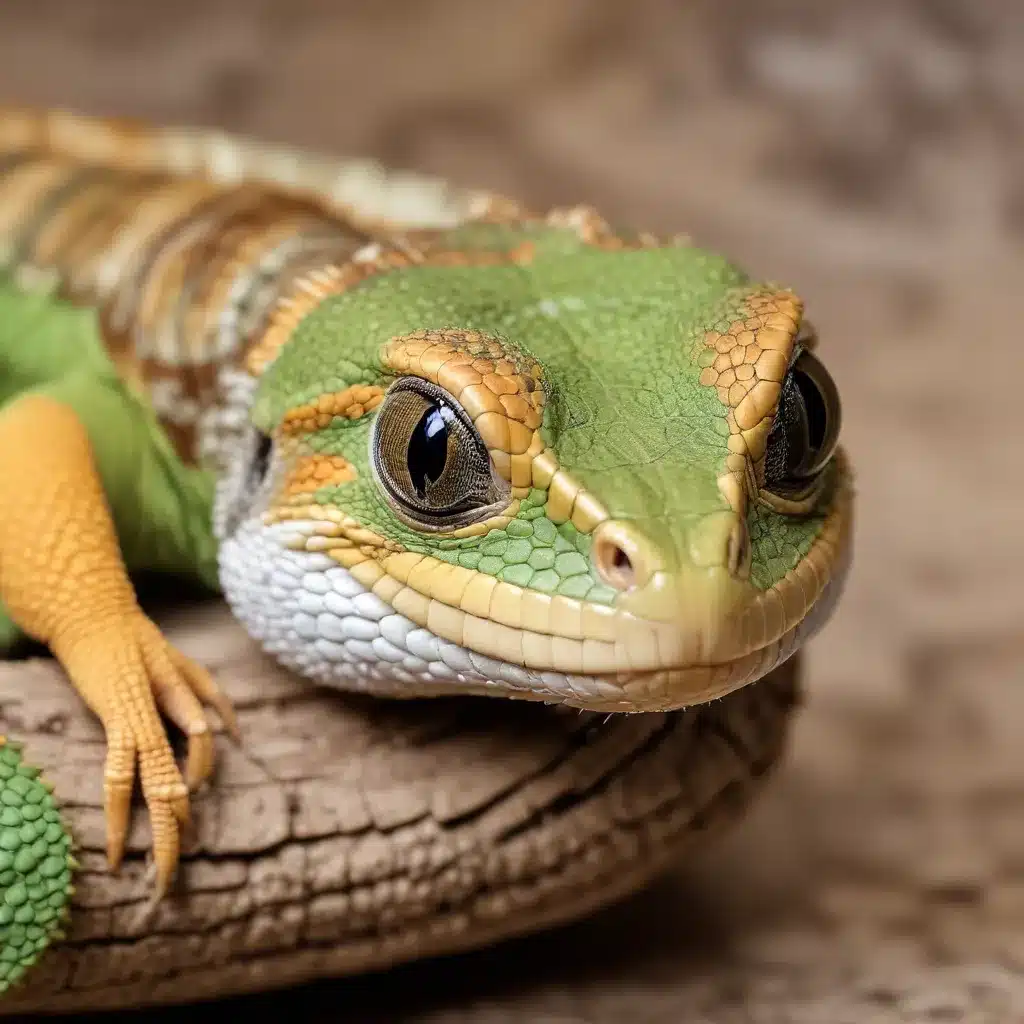
Understanding the Responsibility of Exotic Reptile Ownership
Owning an exotic reptile can be an incredibly rewarding experience, but it also comes with significant responsibilities. These animals have unique care requirements and often live for many years, sometimes decades. As the exotic pet trade continues to grow, it’s crucial that prospective owners understand the commitment involved and prioritize the well-being of the animals over the desire to own a “cool” or rare species.
Reptiles are complex creatures with specialized needs in terms of diet, habitat, and health care. Many species require precise temperature and humidity levels, specific UVB lighting, and access to appropriate basking and hiding spots. Neglecting these environmental requirements can lead to serious health problems, such as metabolic bone disease or respiratory infections. Potential owners must be prepared to properly research and meet the specific care needs of the reptile they wish to bring into their home.
The Importance of Responsible Breeding Practices
The exotic pet trade has seen a rise in the breeding and sale of rare color morphs and novel mutations. While these unique animals may be visually appealing, the focus on breeding for appearance rather than overall health and welfare can be detrimental. Responsible breeders should prioritize the long-term care and successful placement of each hatchling, not just the potential profits from selling a “designer” reptile.
Breeding techniques that prioritize the health and well-being of the parent animals and their offspring are essential. This includes providing appropriate nutrition, housing, and veterinary care throughout the breeding process. Breeders should also carefully screen prospective buyers to ensure the animals are going to responsible homes that can meet their lifelong needs.
Legal Considerations and Regulations
The sale and ownership of exotic reptiles is subject to a complex web of local, state, and federal regulations. Potential owners must thoroughly research the laws and permits required in their area before acquiring a new reptile. Some species may be restricted or prohibited, while others may require specific licenses or registrations.
In addition to species-specific regulations, there are also laws governing the transport, sale, and proper documentation of exotic reptiles. Breeders and sellers must ensure they are in full compliance with all relevant legal requirements to avoid penalties or the seizure of their animals.
Rehoming and Rescue Efforts
Unfortunately, many exotic reptiles end up in need of rehoming or rescue due to owners who underestimated the commitment involved or can no longer provide adequate care. Prospective owners should always explore rescue and adoption options before acquiring a new reptile, as this helps reduce the demand for wild-caught or irresponsibly bred animals.
Reputable rescue organizations can provide guidance on the specific care requirements and placement needs of the reptiles in their care. By supporting these efforts, owners can play a part in addressing the complex issues surrounding the exotic pet trade and ensuring the best possible outcomes for the animals.
Embracing Reptile Responsibility
Owning an exotic reptile is a significant responsibility that extends far beyond the initial purchase or acquisition. Prospective owners must be willing to devote the time, resources, and dedication necessary to properly care for these unique creatures throughout their lifetimes.
By prioritizing the health and well-being of reptiles, supporting responsible breeding practices, understanding legal requirements, and exploring rescue options, reptile enthusiasts can help promote a more ethical and sustainable exotic pet trade. This commitment to reptile responsibility will not only benefit the animals but also foster a thriving community of informed and caring reptile owners.
To learn more about responsible reptile care and acquisition, please visit Exotic Reptiles for Sale. Our experts are dedicated to providing comprehensive information and resources to help you make informed decisions about exotic reptile ownership.
Reptile Species Spotlight: Caring for Chameleons
Chameleons are captivating reptiles known for their ability to change color, their unique foot structure, and their independently moving eyes. As exotic pets, chameleons present a unique set of care challenges that must be thoroughly understood before acquisition.
Housing Considerations
Chameleons require spacious enclosures with ample vertical space to climb and perch. The habitat should provide a thermal gradient, with a basking area maintained at 70-85°F and a cooler end around 60-70°F. Proper humidity levels, typically 50-80%, are also essential for the chameleon’s health and comfort.
Dietary Needs
Chameleons are insectivores, with a diet consisting primarily of live prey such as crickets, mealworms, and waxworms. Calcium and vitamin supplements must be dusted on the feeder insects to ensure the chameleon receives a balanced and complete nutrition. Water should be provided through misting the enclosure, as chameleons do not readily drink from a standing water source.
Health Considerations
Common health issues in chameleons include metabolic bone disease, respiratory infections, and skin problems. Owners must be vigilant in monitoring the chameleon’s behavior, appetite, and overall appearance for any signs of illness or distress. Regular veterinary check-ups are crucial for catching and treating problems early.
Breeding and Lifespan
Chameleons typically have a lifespan of 5-10 years, depending on the species. Breeding chameleons requires specialized knowledge and equipment to ensure the health and safety of both the parent animals and their offspring. Responsible breeders should prioritize the well-being of the chameleons over the pursuit of rare or unique color morphs.
By understanding the unique care requirements and challenges associated with chameleons, prospective owners can make an informed decision about whether this captivating reptile species is the right fit for their lifestyle and commitment level.
Conclusion
The exotic pet trade presents both opportunities and responsibilities for those interested in owning rare and fascinating reptile species. Prioritizing the health, welfare, and long-term care of these animals is essential for promoting a more ethical and sustainable industry.
Through responsible breeding practices, compliance with legal regulations, and a willingness to explore rescue and rehoming options, reptile enthusiasts can play a crucial role in shaping the future of the exotic pet trade. By embracing this commitment to reptile responsibility, we can ensure that these remarkable creatures receive the care and respect they deserve.


